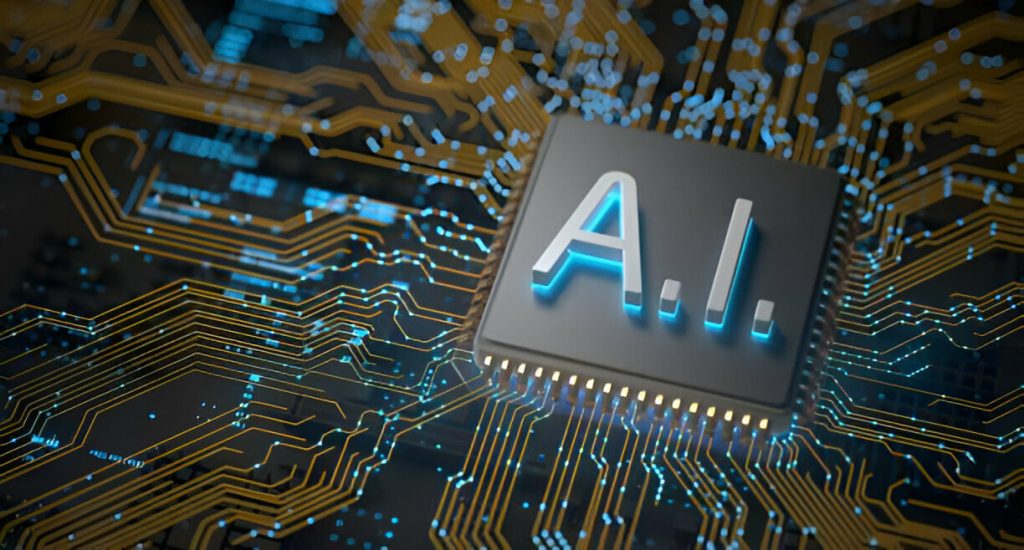
In recent years, Wi-Fi technology has evolved significantly, transforming from a nascent innovation to an indispensable part of our daily lives. As it continues to advance, the integration of Artificial Intelligence (AI) promises to revolutionize Wi-Fi networks, enhancing connectivity, reliability, and user experience. This article explores how AI is reshaping Wi-Fi management, leveraging its capabilities to automate processes and ensure seamless network performance.
Evolution of Wi-Fi Architectures
Wi-Fi networks have progressed through various architectural phases, from autonomous access points to controller-based structures. Each evolution addressed specific challenges in deployment and user experience, prompting continuous innovation in the field. Innovations like dynamic channel planning, controller-less architectures, and adaptive beamforming have significantly improved signal strength and network efficiency.

The Role of AI in Wi-Fi Management
AI emerges as a pivotal solution to address ongoing challenges in Wi-Fi management, particularly in guaranteeing quality of experience for users. Traditional approaches rely on manual intervention and are limited by data averages, often failing to capture the complexities of real-time network performance. AI, powered by deep neural networks and machine learning algorithms, automates the analysis of vast data sets, enabling proactive network monitoring and problem resolution.
- Automated Network Monitoring: AI-enabled systems “watch,” “understand,” and “analyze” real-time performance against norms, autonomously detecting and resolving network issues.
- Enhanced User Experience: By optimizing network parameters in real-time, AI ensures a seamless connectivity experience tailored to user demands.
- Reduction in IT Support Costs: Automating Wi-Fi management reduces dependency on manual oversight, lowering IT support and administration costs over time.
Integration of AI and SDN in Wi-Fi Networks
Software-Defined Networking (SDN) complements AI in Wi-Fi networks by enabling programmability and flexibility. While SDN facilitates centralized control and orchestration, AI enhances network intelligence and adaptability. Together, they pave the way for self-managed Wi-Fi networks that proactively optimize performance and user mobility experience.
Future Outlook: AI-Driven Enterprise Wi-Fi
Looking ahead, the convergence of AI and Wi-Fi technology is set to redefine enterprise networking. By 2020, AI is expected to play a central role in enterprise Wi-Fi, ushering in fully autonomic systems capable of mimicking human intelligence in network management. This shift not only improves operational efficiency but also opens doors to innovative applications in sectors such as healthcare, retail, and smart cities.
Conclusion
As AI continues to evolve from science fiction to reality, its integration into Wi-Fi management promises a future where connectivity is not only ubiquitous but also intelligent and adaptive. Wi-Fi engineers are encouraged to embrace AI tools to enhance their domain expertise, paving the way for a new era of autonomous network management. By leveraging AI’s capabilities, businesses can unlock new levels of efficiency and reliability in their Wi-Fi infrastructure, ultimately shaping a smarter and more responsive digital landscape.
Key Takeaways:
- AI transforms Wi-Fi management from reactive to proactive, ensuring continuous network optimization.
- SDN and AI synergies enable self-managed Wi-Fi networks, reducing IT support costs and enhancing user experience.
- The future of enterprise Wi-Fi lies in AI-driven autonomic systems, marking a significant paradigm shift in network management.
This article synthesizes insights from advancements in Wi-Fi technology and AI, highlighting their transformative impact on enterprise networking. As we embrace these innovations, we move closer to a future where Wi-Fi networks are not just tools but integral components of intelligent digital ecosystems.








